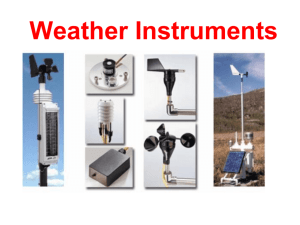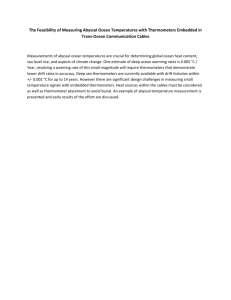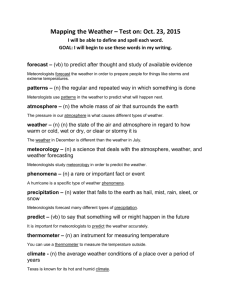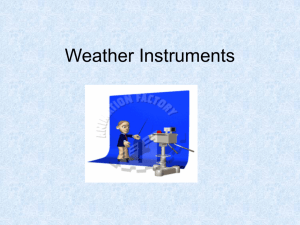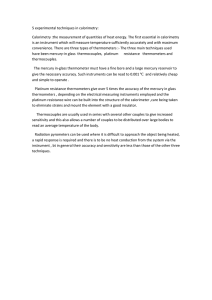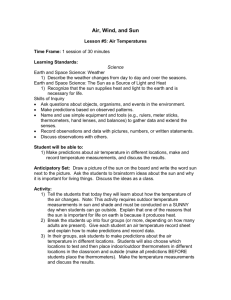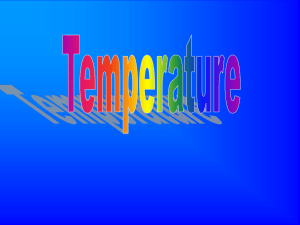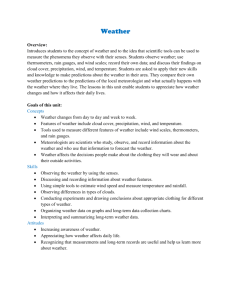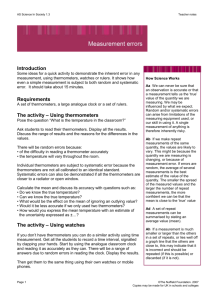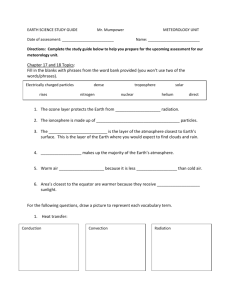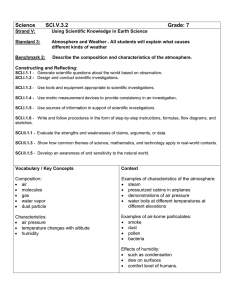numerical weather prediction
advertisement
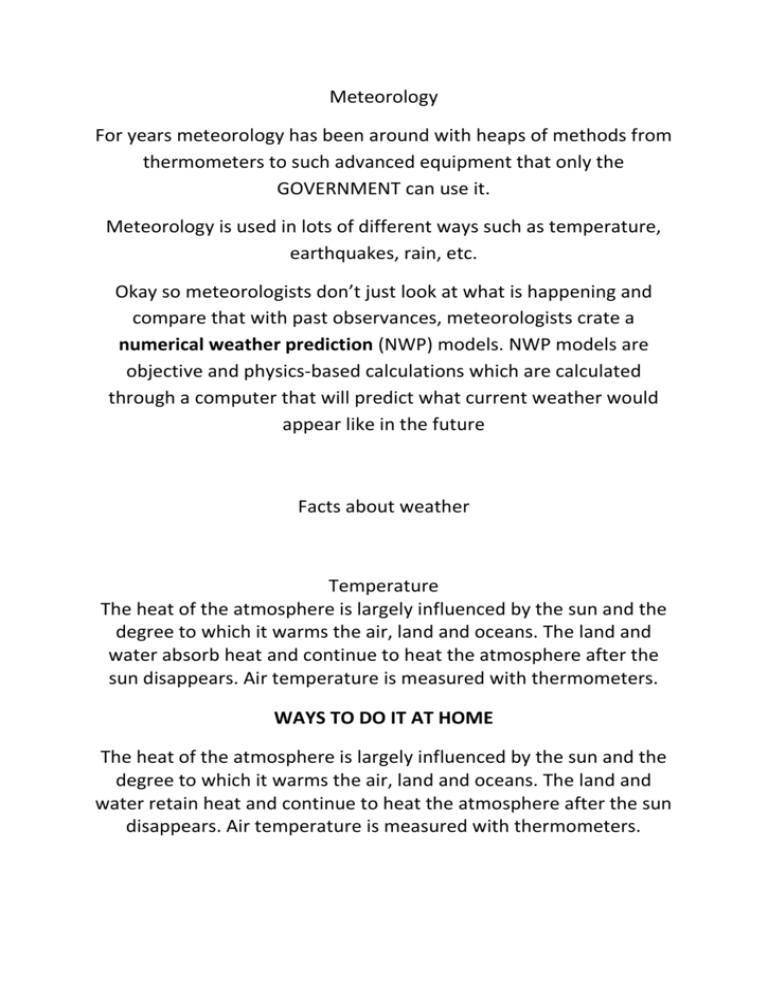
Meteorology For years meteorology has been around with heaps of methods from thermometers to such advanced equipment that only the GOVERNMENT can use it. Meteorology is used in lots of different ways such as temperature, earthquakes, rain, etc. Okay so meteorologists don’t just look at what is happening and compare that with past observances, meteorologists crate a numerical weather prediction (NWP) models. NWP models are objective and physics-based calculations which are calculated through a computer that will predict what current weather would appear like in the future Facts about weather Temperature The heat of the atmosphere is largely influenced by the sun and the degree to which it warms the air, land and oceans. The land and water absorb heat and continue to heat the atmosphere after the sun disappears. Air temperature is measured with thermometers. WAYS TO DO IT AT HOME The heat of the atmosphere is largely influenced by the sun and the degree to which it warms the air, land and oceans. The land and water retain heat and continue to heat the atmosphere after the sun disappears. Air temperature is measured with thermometers. PSYCOMETER Psychomotor, or wet bulb thermometers, measure relative humidity. A psychomotor uses two thermometers, one bulb of which is covered with a wet cloth. As the cloth dries, the cooling effect of evaporation lowers the temperature on that thermometer. Then the temperatures on the two thermometers are compared on a special chart to find the relative humidity. Often, the relative humidity is the weather condition that makes people the most uncomfortable. WIND VANE While anemometers measure how fast the wind is blowing, wind vanes tell you from which direction the wind is blowing. And knowing where the wind is coming from might give you clues to the temperature and the amount of water in the air moving into an area. For example, winds from the south are often warmer and carry more moisture than winds from the north.

